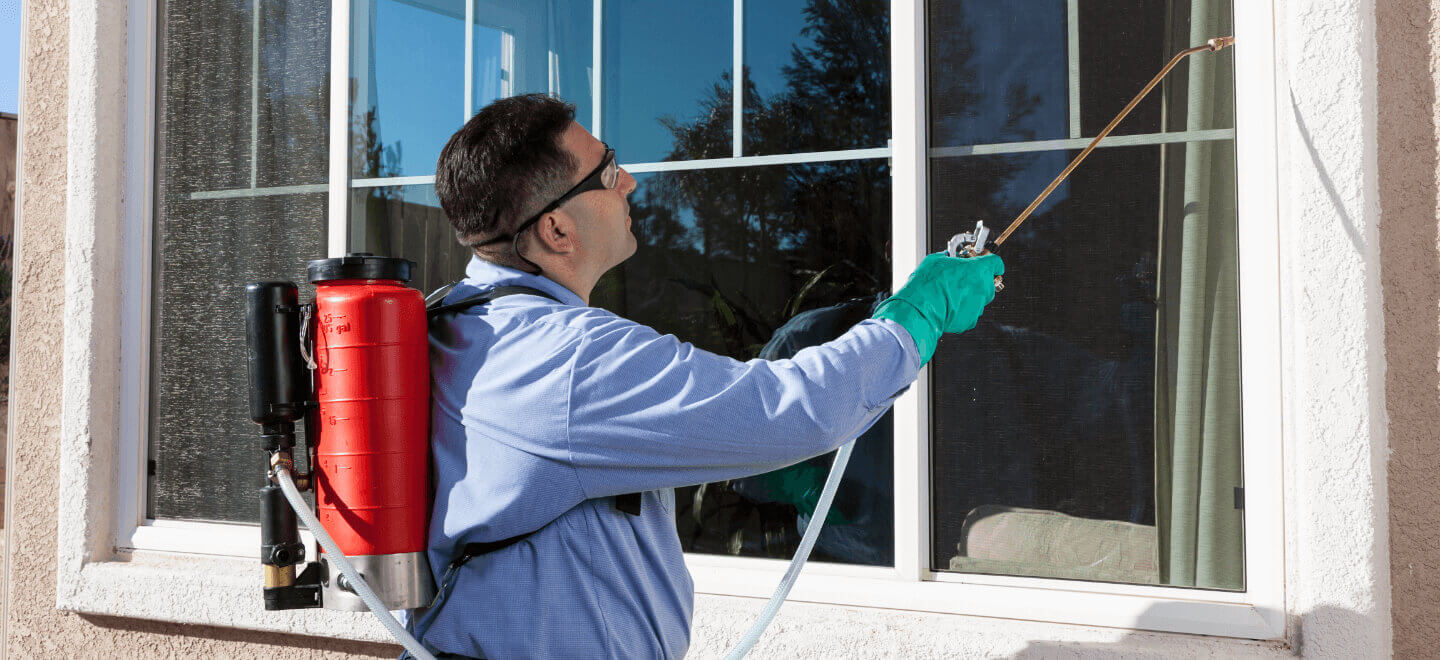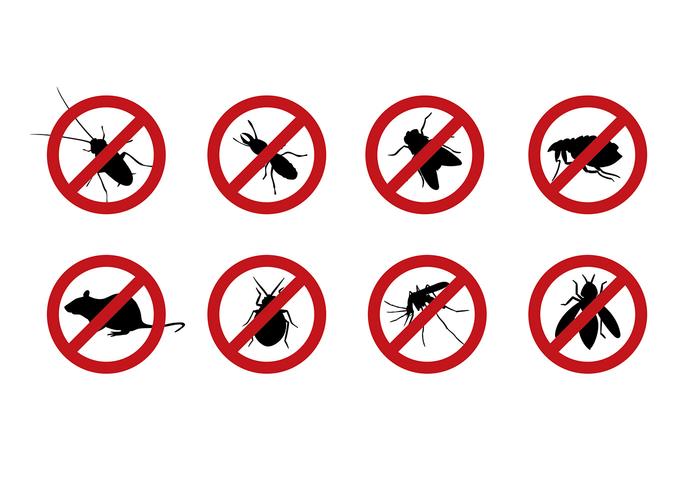Safe and Reputable Insect Control for Lasting Protection
Effective pest administration requires a diverse strategy that balances environmental integrity with the need for efficient bug suppression. The subtleties of these techniques might not be immediately clear, motivating a more detailed exam of the methods that can lead to sustainable bug control results.
Understanding Insect Control Techniques
Pest control includes a variety of techniques focused on handling and eliminating undesirable bugs and rodents that can endanger both health and property. Comprehending these methods is essential for reliable parasite management.
The key classifications of bug control techniques include mechanical, organic, and chemical strategies. Mechanical methods include physical obstacles and catches to stop pest access and capture unwanted varieties. For circumstances, using screens on windows or utilizing sticky catches can dramatically lower insect populaces without introducing dangerous materials.

Chemical pest control is usually one of the most acknowledged approach, using pesticides to get rid of insects. These chemicals can be reliable yet must be made use of with care to avoid negative impacts on non-target types and the environment.
Benefits of Eco-Friendly Solutions
How can green options change insect control methods? The adoption of environmentally friendly bug control approaches provides numerous advantages, dramatically boosting the effectiveness and safety and security of parasite management (exterminator coquitlam). Firstly, these options utilize natural ingredients, reducing the dependence on hazardous chemicals that can pose threats to human health and wellness and the setting. This shift not only shields animals and family members but likewise lessens the capacity for soil and water contamination.

Another advantage is the favorable effect on neighborhood biodiversity. Environment-friendly options are created to target particular parasites while maintaining valuable insects and wildlife, promoting a well balanced community. This method straightens with the growing consumer need for sustainable techniques, enhancing the credibility of insect control carriers.
Integrated Insect Management Approaches
The execution of green solutions naturally results in the adoption of Integrated Parasite Administration (IPM) approaches, which even more improve pest control effectiveness. IPM is a holistic technique that integrates multiple strategies to handle parasite populations while minimizing ecological impact. This method stresses the usage of organic, cultural, mechanical, and chemical controls, making sure a sustainable and balanced method of insect administration.
One essential element of IPM is the detailed evaluation of parasite activity and ecological problems. By checking bug populations and identifying their life cycles, practitioners can carry out targeted treatments that disrupt the bug's environment or lifecycle, decreasing dependence on chemical pesticides. In addition, social methods such as crop rotation and environment adjustment can considerably diminish insect establishment and recreation.
An additional critical part is using organic control agents, such as valuable pests or microorganisms, which can naturally suppress pest populaces. When chemical applications are needed, IPM focuses on making use of low-risk chemicals and uses them precisely, reducing direct exposure to non-target organisms and human beings.
Integrating IPM approaches not just improves insect control effectiveness however likewise advertises a safer community, straightening with the growing need for lasting methods in pest click here to read monitoring.
Safe Practices for Property Owners
Recognizing the relevance of safe practices in insect control can equip property owners to effectively take care of bug problems while securing their health and wellness and the atmosphere. Applying preventative steps and safe techniques is crucial in minimizing direct exposure to damaging chemicals.
Homeowners ought to initially evaluate their atmosphere for conditions that bring in bugs, such as standing food, water, and mess waste. Consistently cleansing and sealing entrance factors can discourage pests from attacking the home. Utilizing natural deterrents, such as vital oils or diatomaceous earth, can give reliable alternatives to chemical pesticides.
When chemical treatments are essential, house owners must go with products that are especially classified as secure for domestic use. It is necessary to pest control office adhere to application guidelines thoroughly to prevent overexposure. Furthermore, making use of targeted treatments in locations where insects are recognized, as opposed to covering splashing, can considerably decrease chemical usage.
Last but not least, keeping open communication with parasite control specialists is essential. Homeowners need to ask about the safety of products utilized and request environmentally friendly alternatives whenever feasible. By adopting these secure techniques, property owners can produce a much healthier living atmosphere while successfully managing bug concerns.

Tips for Long-Term Security
Developing a parasite management strategy that stresses long-lasting security can significantly boost the performance of the secure techniques formerly reviewed. To attain this, house owners ought to execute normal inspections of their home, concentrating on concealed areas such as attic rooms, cellars, and crawl spaces. Early detection of insect activity is crucial in preventing infestations from holding.
These methods reduce attractants that attract pests right into the home. Securing entry factors, such as splits around doors and home windows, can efficiently obstruct prospective parasite access.
Landscape design ought to likewise be considered; keeping plants cut and keeping a range in between vegetation and the home minimizes concealing spots for parasites. Utilizing all-natural deterrents, such as vital oils or diatomaceous earth, can further prevent invasions without resorting to rough chemicals.
Finally, working together with an expert parasite control service for periodic assessments can supply an extra layer of safety and security. These professionals can provide customized referrals and progressed treatments, making sure that your home stays shielded versus insects in the lengthy term.
Final Thought
In conclusion, safe and trustworthy bug control needs a diverse technique that highlights environment-friendly methods and incorporated insect management. By executing all-natural deterrents, conducting more tips here normal inspections, and maintaining appropriate hygiene, building owners can significantly decrease parasite populaces while protecting advantageous bugs and the atmosphere. Collaboration with specialist insect control services improves the performance of these strategies, guaranteeing tailored remedies that provide enduring defense and assurance against future problems.
Effective insect management requires a diverse technique that balances eco-friendly integrity with the requirement for efficient pest reductions. The fostering of green parasite control methods provides many benefits, significantly boosting the effectiveness and safety of bug monitoring.The application of eco-friendly options normally leads to the fostering of Integrated Pest Monitoring (IPM) strategies, which even more boost pest control efficacy. exterminator coquitlam. By keeping an eye on pest populaces and recognizing their life cycles, professionals can execute targeted interventions that interfere with the parasite's environment or lifecycle, minimizing reliance on chemical pesticides.In final thought, reputable and safe insect control needs a diverse approach that stresses environment-friendly methods and integrated insect management